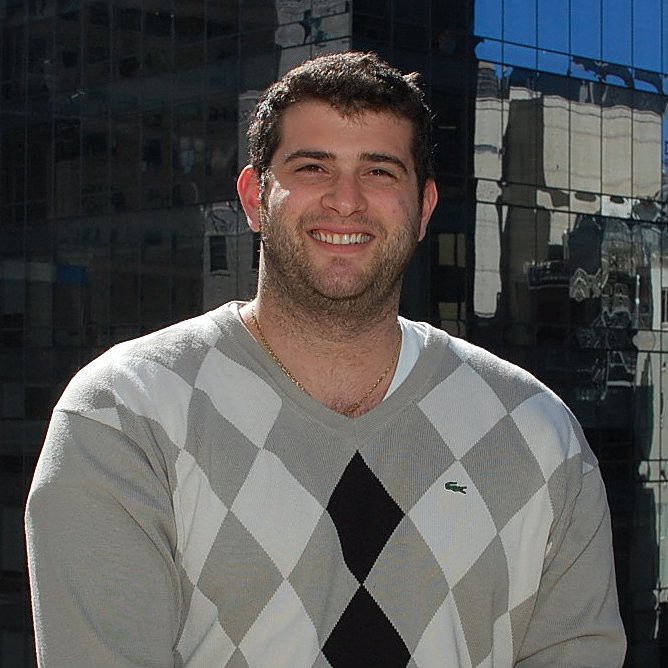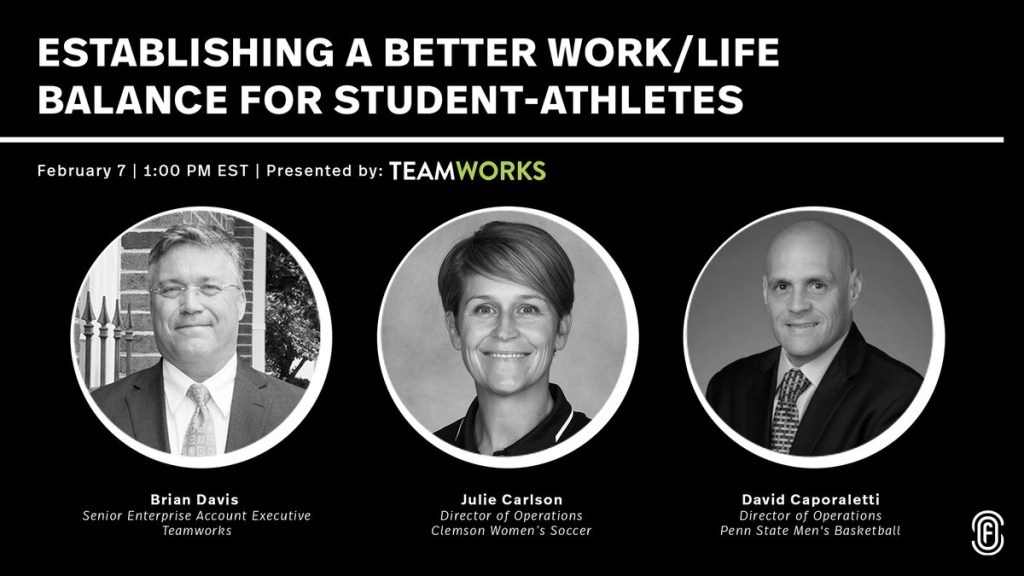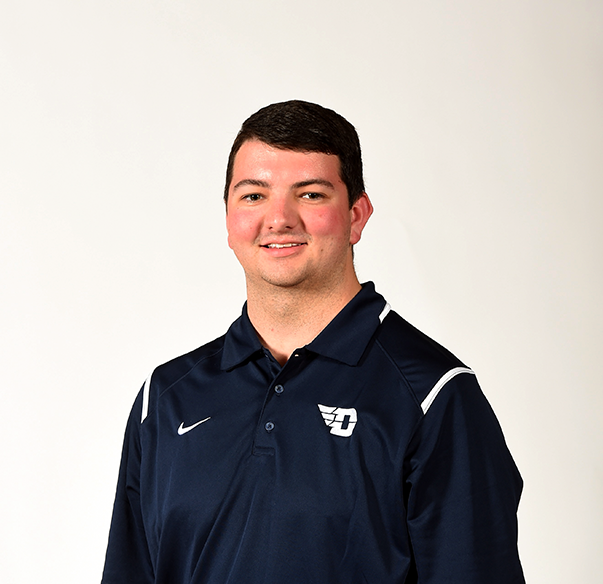By: Jay Stein, @JStein209

Front Office Sports is proud to have sat down with Lorne Segall, Program Director for the Manhattan Sports Business Academy (MSBA). Mr. Segall has supported the sports business industry for nearly his entire career in a variety of different capacities. Over the past four years with MSBA, Mr. Segall has helped with all programming efforts, including their acclaimed Speaker Series, as well as coordinating the placement of young professionals in internships with blue-chip companies within sports business. Mr. Segall was more then happy to offer up his time and insight to those embarking on the journey of working in sports business, and give some general thoughts on how to best prepare and differentiate yourself while breaking into the business
Tell us a little about the Manhattan Sports Business Academy and how the program helps guide aspiring professionals who want to work in sports?
Manhattan Sports Business Academy started about four years ago, in the summer of 2012. I was one of the inaugural members. Our main goal and mission statement is to identify, prepare and connect the next generation of sports business professionals. What we do is put on this amazing and immersive summer program for 25 handpicked, highly-reputable and shinning stars that we feel are really going to be the next big players in the industry.
The foundation of the program is based on a few key pillars. The first is a personalized internship; where our students participate in a full eight-week internship, sometimes more, over the summer. Everyone will say to just get your foot in the door, but we take it a step further. We really want our members to be taking a step through the right door, and we try and match them to an internship that will allow them to do just that.
Our second pillar is the Speaker Series, where we really give our students the opportunity to learn about all the different avenues that exist in sports. We found that people who try to break into sports were too narrowly focused or they didn’t really understand what opportunities existed.
What we do with the speaker series is help students identify what different opportunities are out there. We bring in people from PR, sponsorship, ticketing, not for profit, team side, league side, and all different varieties. The coolest part about this is you’re in a group of twenty or so, — it’s very intimate.
What do you feel is the most important aspect for students initially when breaking into the sports industry?
I think it’s just having an open mind; I firmly believe that you do what you can to get in. What sets the tone for your professional career, is that if you can welcome those things that aren’t what you want to do, but not let it affect your performance. [For example] everyone knows research is not ‘sexy’, but if you can be a really strong market research person for your sponsorship job, you can become the go to person in your office.
Then you need to find that one person who is willing to mentor you and take you under their wing. Someone who will beat the crap out of you when you’re not doing something right, but pick you up when you need a lift. I really encourage our students to try to create that sort of relationship with the people who are supervising them during their internships.
So you feel it is much more important for aspiring sports business professionals when starting out to cast a wider net versus focusing solely on one particular area of the industry?
Well I’ve heard it both ways and from a lot of speakers on this, but from my own personal opinion, there are things that are common no matter what the position is. One of the missions of MSBA is for students to really realize that having just a passion for sports is not enough to help you break in… At the end of the day, this is sports business and it’s called business for a reason. So you need to be good with the general business skills.
So my advice is always, from an internship level, to figure that out. Go out and be a little more open minded, maybe try your hand in sales or marketing, don’t just go with your major… It’s really about how you brand yourself when breaking into the industry, and that’s why I think the internship portion is important.
It’s all about how you market yourself and the more open you are, the less you’re pigeonholing your own personal profile. When it comes to entry-level opportunities, you always need to have a diversified resume. From an internship perspective, it shows you already have experience in marketing or you already have experience in events. That well-roundedness makes you a more well-versed business professional and a more intriguing candidate.
How much emphasis do you place on having a more versatile background, and how important does that contribute to one’s early success in the industry?
It’s very important! I’ve had various internships in marketing and in corporate sponsorships and activations… all of those really helped me gain a very solid understanding of the marketing side of the business.
In terms of the importance of just getting out there for young students, I always urge them to get involved on campus with their clubs or initiatives. When you’re in school, you’re able to put on an event. You don’t have to necessarily raise the money and, because your students, the expectations for you are quite low. You are able to use that as a benefit of the doubt, and it’s a way to build confidence in your skill set. You then will realize that in real life, those events you are planning on campus, aren’t much different — they’re just on a bigger scale and that again really gives you a lot more confidence.
Going back to your question about the importance of being widespread, the more well rounded you are as a professional, the more it allows you to see what’s out there. It allows you to get into those rooms, where a weaker business professional can’t be just yet. The more you can build on your skill sets, the more opportunities you will be exposed to, so really hone in on your general skills first, then you can chase what you’re really after.
What do you think are some of the biggest challenges people are faced with when breaking into sports business and, once getting in, what types of challenges should people expect to see?
It’s really just about differentiating yourself. We had just over five hundred applications this year for MSBA, and they are all very good, some stronger then others, but the difference between a good application and great application is a matter of who knows how to sell themselves and their experiences. It’s always my advice, to pay extremely close attention to detail as well.
Sports are such a demanding career opportunity. Many people want to do it and want to get in. The hardest part is being able to climb up on that first stage. So again, where do you fit? It goes back to our discussion about being broad or narrow focused. If you can help a company in one problem area, you’re a good candidate. If you can help and lead in a second problem area, you’re a very good candidate. If you can help in three different areas, and lead one with maturity and conviction, all the sudden you’re hired.
I always tell people to try and make yourself indispensable. Create a project once you’re in so that you can lead and show that you’re for real and that you can really take something from start to finish. Stay focused and figure out how to be a problem solver, and make that apparent to the person you’re interviewing and working with.
Any key traits that you see in people that contribute to their ability to be successful in sports business?
You got to be a team player. You’re going to have people on your team who are probably more quiet or more reserved and who are all about business, but then you’re going to have the jokers…it’s all about chemistry.
Culture fit is very important. That’s what we try to do with our placements as well. For example, we want to put our entrepreneurial students in an environment that’s really going to light a fire under their ass, not turn them into corporate robots. If someone doesn’t ever want to where a suit and tie to work, which is okay in this day and age, I would never try and place them with Madison Square Garden or the NFL.
If you were to define the sports business industry in one word, what would that word be and why?
Inspirational. People love their sports and their teams but, for me, coming from a one sports town, it’s the bigger impact that sports has. Not necessarily from a business perspective, but from a community perspective. You hear the stories of how an athlete helped change the life of just one community that was impaired, impoverished or just a community that needed rebuilding.
To me it’s about lessons. I feel that now more than ever, the mentality of people is changing about race, diversity, community and how we treat one another. I feel that sports is one of the best vehicles for getting these stories across because it crosses all borders and social constructs.
We would like to thank Lorne for his time and insight and we wish him the best in his future endeavors!
You can connect with him on LinkedIn here or follow him on Twitter here!














